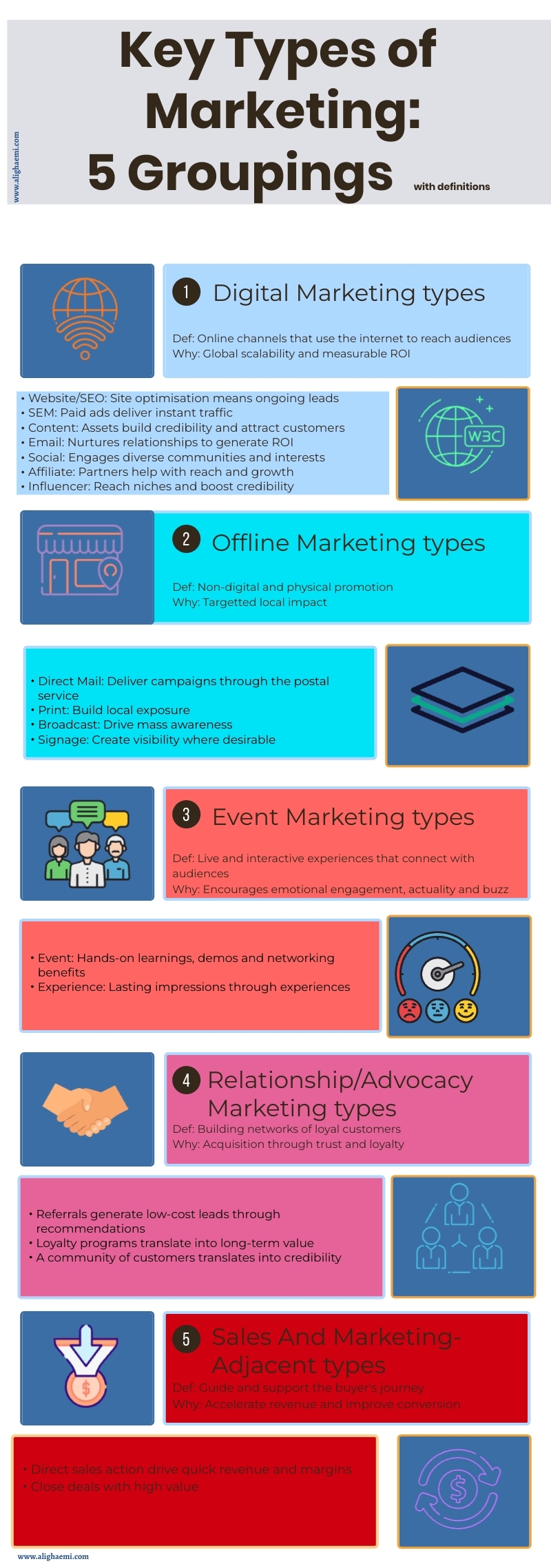The AI Edge or A Sales Book With AI?

The book is subtitled Sales Strategies For Unleashing The Power Of AI. As everyone knows, Artificial Intelligence (AI) is a hot topic everywhere and the sales domain is not an exception. The book promises to bridge the concepts and practical applications of AI with sales. Does it deliver?
The authors are well-known sales trainers. As such, their names carry some credibility, but are they merely selling or is this a book with substance on the subject-matter? Do they really know and understand AI given their specialty and the newness of the topic? The book was published in 2024. Let’s flip the page.
The first paragraph defines the mission: Save time, sell more and redefine the art of selling. That’s a major claim. The book, throughout, is consistent in that it declares the human advantage in several domains. Moreover, it is soon obvious that this is a sales book; not a tech book. High-level use cases appear on page 16 and these include Personalized Content Creation, Prospecting Messages, Building Prospecting Lists, Automated Follow-up, Advanced Sales Forecasting and Virtual Role-Playing For Training. Immediately after, the book reminds us that the human advantage in core selling remains. AI cannot be you, the book justly reminds us. The authors wittily call such claims the “snake oil of our time,” adding a touch of humour. After about sixty pages of good sales advice, we return to the theme of AI’s role in sales on page 76. For example, chapter 15 was just a recap of what had come before it in the book! There is even more filler content when the book provides an entire poem generated by AI.
Also, the authors are repeatedly clear that AI hallucinates (makes mistakes) and there are appropriate warnings about verifying for mistakes and warnings about authority bias, which is easy to agree with.
Still, several recommendations require access to the tech stack and admin rights. Even if one has the ability or access to the appropriate assistance, there are not any instructions on offer. Integration of tools is also necessary, making these not out-of-the-box solutions. Sometimes, the manner of engaging in the advice is unclear as well. The question is ‘how?’ when the book recommends analysing something with each recipient or connecting something to the other. Connecting CRM to Marketing sounds logical, but it requires technical access and support, making it hard to implement immediately. Think “intent window” or using “historical data.”
On a more practical level, suggestions for editing, messaging, corrections and changing to (natural) human language are timely. Ask AI to sound like you by providing your writing samples or a style guide. The advice is to ask AI to correct without rewriting so your tone and personality remain untouched.
The book touches on AI prompt engineering and gives examples. These are probably the best aspects of the book – if you don’t know how to do those things yourself. “Natural imperfections” should stay. I, for one, am all for this. Especially if it finally gets rid of the em dash crap AI is addicted to. Several reminders that everything requires your review.
The authors humorously (maybe) critique sales professionals for generally struggling with writing and grammar. That said, the authors demand that edits must remain human. In general, the sequence is to tell AI first what you don’t want it to do and then, second, what it is that you want.
On prospecting, the reader is reminded that prospecting can be synchronous (real-time talking) or asynchronous (delayed communication). Synchronous is needed and advised, which is something robots won’t do. The formula for prospecting is to talk to more people, after all. AI, in contrast, is for automation of repetition, repetitive tasks.
The book outlines a prospecting sequence: Target > Message > Channel > Cadence > Touches > Duration > Spacing.
Under Cadence and Touches the sequence is: Phone > Voicemail > Email > LinkedIn > Video message > Snail mail and, again, the telephone.
It is also crucial when prospecting to personalise as a bridge, but the nature of the beast is that you need a message that works for most people on your list. You will also factor in the economy, industry, et cetera. First, segment your database and focus on the questions to ask.
80% of one’s time should be focused on the discovery. Many salespeople are familiar with the iceberg metaphor. Ask (prospects), don’t tell. Probe further when you get an answer before moving on. Start with the easy questions first; difficult ones next. And always be open-ended.
The epilogue is thoughtful in its description of a near future. It is called The Future Of Sales and narrates the story of a salesperson who interacts with a robotic AI from the moment she wakes up to the end of her day. Yet, this scenario doesn’t exist today.
The AI Edge is about three things:
- AI usage (with the human always verifying the results)
- Several useful prompts and
- Doing things outside AI. It offers general sales and prospecting advice. AI, in this sense, becomes a tool to assist salespeople rather than replace them.
As it turns out, this indeed is a sales book and not exactly an AI (only) book. It could also be read as a book on ‘non AI’ selling or prospecting. Perhaps there is a good element of this being a synopsis with elements of other works by the authors. Overall, the book falls slightly short on practical AI usage guidance and real-world scenarios, though this may reflect the current state of available applications.










 AI Benefits
AI Benefits AI Concerns
AI Concerns Risks Of Not Adopting AI
Risks Of Not Adopting AI




